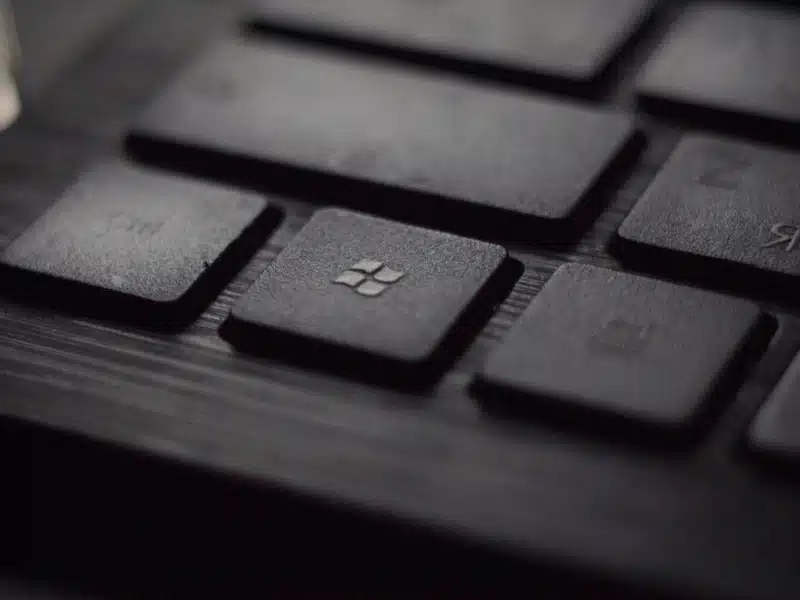Windows BitLocker is a powerful encryption feature built into Microsoft Windows that enhances the security of data stored on computer drives. However, the default activation of BitLocker on many devices can lead to unintended consequences and potential risks. This article aims to raise awareness about the risks associated with default BitLocker activation and provide preventive measures for end users to protect their data effectively.
The Risks of Default BitLocker Activation
Default BitLocker activation on Windows computers can pose risks due to users’ lack of awareness regarding encryption. This can result in data loss caused by forgotten passwords or misplaced recovery keys. Without actively engaging in the setup and management of BitLocker, users may fail to comprehend the importance of safeguarding these crucial components, leaving their data vulnerable in case of device loss or theft.
User Scenarios Leading to Windows BitLocker Lockouts
Improper BitLocker management can cause data lockouts. Here are scenarios and preventive measures to avoid them.
- Forgotten Passwords: If users forget the password to unlock the BitLocker-protected drive, they may find themselves locked out. Creating strong, memorable passwords and considering password management tools to prevent this issue is crucial. Regularly updating and securely storing passwords is also advisable.
- Misplaced Recovery Keys: BitLocker provides a recovery key that acts as a safeguard. It is essential to securely store recovery keys in multiple locations, such as a password manager, cloud storage, or an external storage device, to avoid lockouts. Regularly backing up recovery keys and ensuring their accessibility is crucial.
- Hardware Changes or Failures: Significant hardware changes can trigger BitLocker to enter recovery mode. To prevent lockouts in such situations, it is recommended to suspend BitLocker protection temporarily before making significant hardware changes. Maintaining an updated backup of recovery keys is essential. Additionally, periodically checking the health of hardware components like the Trusted Platform Module (TPM) can help prevent unexpected lockouts.
- Operating System Reinstallation: Reinstalling the operating system can lead to BitLocker lockouts if precautions are not taken. To prevent this, ensure you have a copy of the recovery key before reinstallation. Store the recovery key securely and readily available during the setup to unlock the drive and access the data.
- Malware or Ransomware Attacks: In malware or ransomware attacks, attackers may attempt to encrypt or tamper with BitLocker-protected drives, rendering them inaccessible. To prevent lockouts, it is essential to have robust security measures in place, such as up-to-date antivirus software and regular backups of crucial data. Additionally, educating users about safe browsing habits and avoiding suspicious email attachments or downloads can help mitigate the risk of such attacks.
Conclusion
Actively managing and safeguarding encryption keys, recovery keys, and passwords associated with BitLocker is crucial. Ensuring regular backups, secure storage, and staying vigilant against security threats are essential steps toward effectively utilizing BitLocker while minimizing the risk of lockouts. By understanding the potential user scenarios that can lead to BitLocker lockouts and implementing preventive measures, users can significantly reduce the risk of losing access to their encrypted data.
Are you looking for professional computer repair in Davenport, FL? Don’t let BitLocker lockouts hinder your data security. Contact PCMechanic for expert assistance and safeguard your valuable information today!


